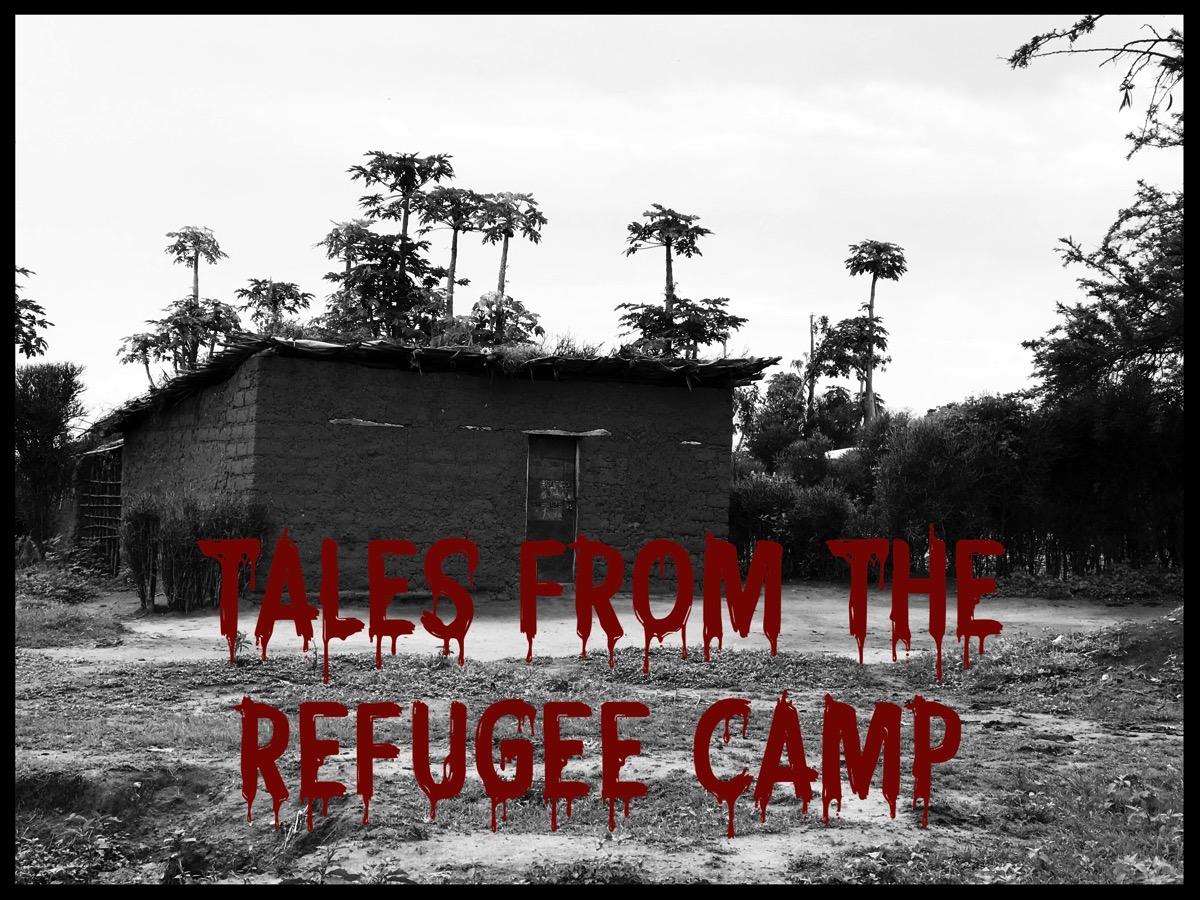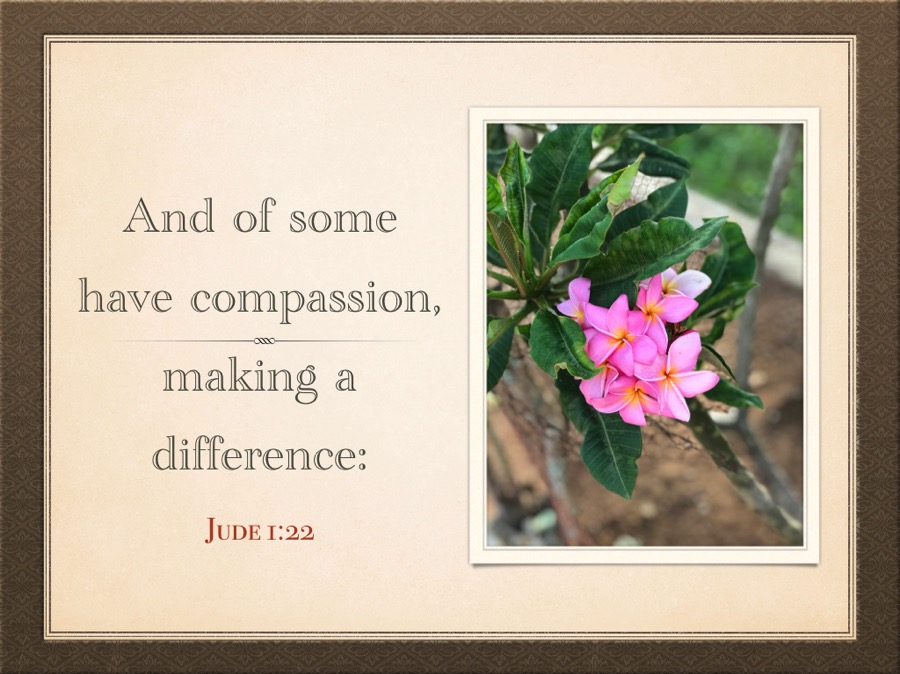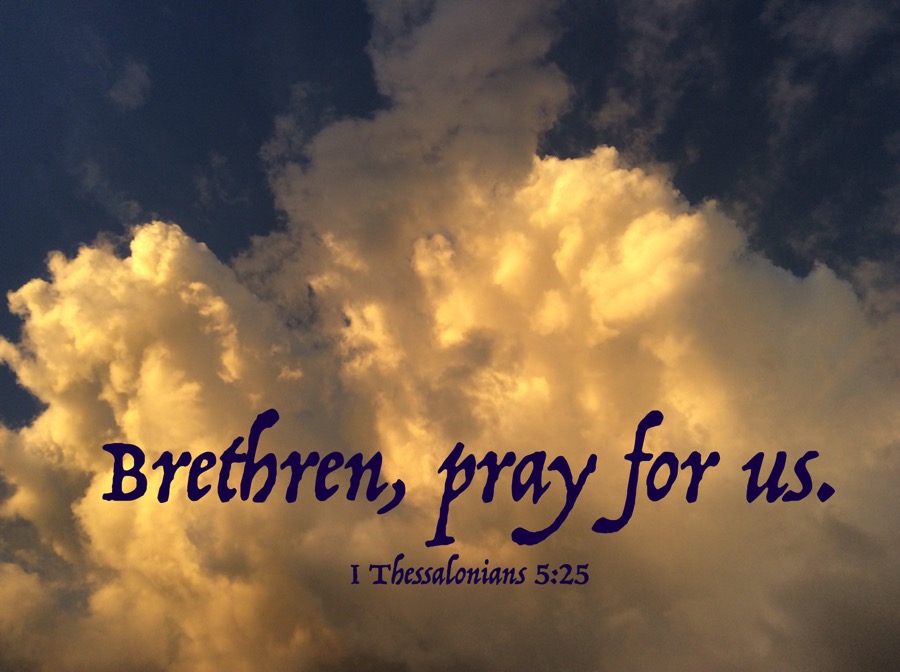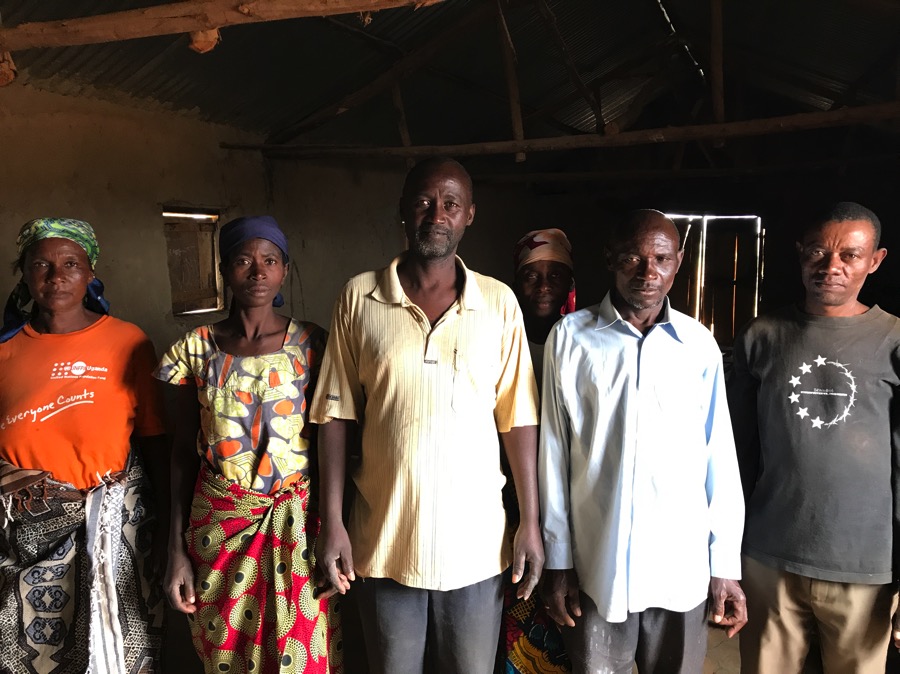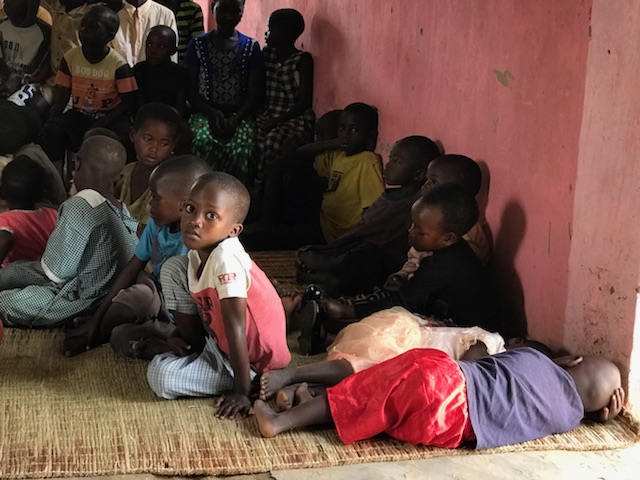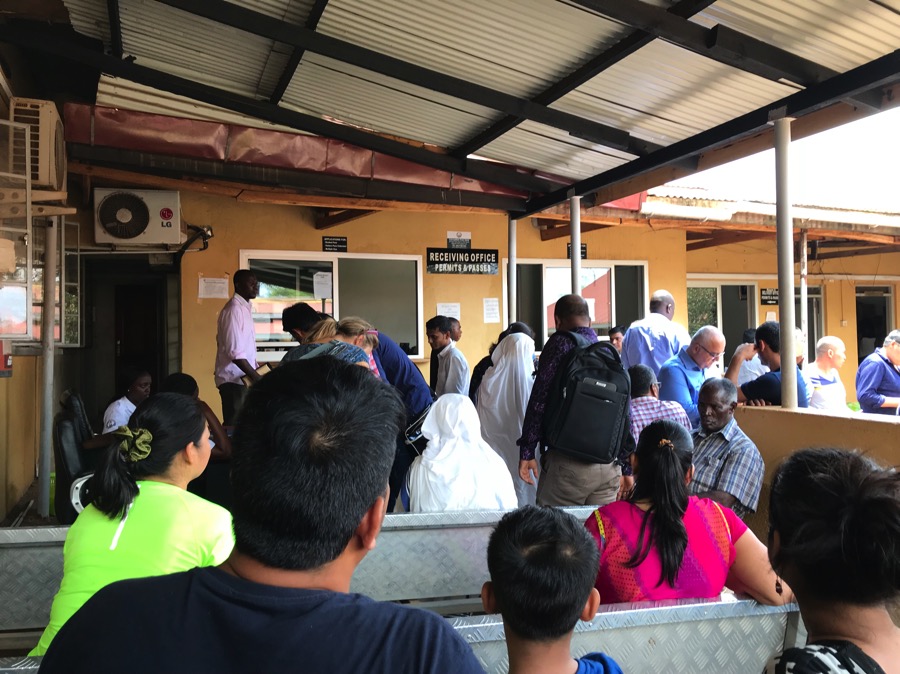


You’re sitting in your living room on a Friday night watching a movie as a family. The power blinks. You realize town power has gone off and your house is now running on the back-up battery power. You look at the clock. It’s 7 PM. You know it’s probably load shedding and the power will be off all night.
What is load shedding? you might ask.
Load shedding = turning off power to part of the grid, or load, so the rest of the grid has has full power (instead of a brown out – dim lights, not enough power to run appliances, etc.). In other words, part of the power load has been shed. So load shedding.
Load shedding is a way of life in many parts of the world. With only about 30% of the population of Uganda connected to power in the first place, electricity is often not seen as a necessity of life.
Certain times of the year, we plan to have the power off at least 3 days a week. It’s not so much of a hassle during daylight hours. We have solar power to run our house. But at night it’s more of a challenge.
We hadn’t been here long when we invested in a battery back-up system – or batteries and an inverter strong enough to power most things in our house. We can run lights, some fans, and the fridge, and even do laundry during the day because we use a power efficient washer. The batteries won’t run our water heater or dryer. We can run the freezer on them during daylight hours when the sun is shining but we have to turn it off at night if the power is off. As long as you keep the freezer shut, everything stays frozen and it’s not a big deal.
We keep flashlights handy for those times when things don’t work like they should. Thankfully, those times are rare.
One example of this happened when we’d only been here a couple years. The power company was load shedding three days a week for 18-24 hours at a time, but they started leaving it off longer. We didn’t even have enough time with the power on to fully charge our batteries for when it would go off again.
Another example is when we’ve had a cloudy day, so there was no solar power coming in. If the power is off that night, it’s really off for us.
Next time you flip on a light or open your freezer or throw a load of laundry in the dryer, pray for missionaries in places without reliable power that God will give them grace to handle this aspect of culture stress.

